Martin Dejdar
Nacimiento : 1965-03-11, Vysoké Mýto, Czechoslovakia [now Czech Republic]
Historia
Martin Dejdar is a Czech film and television actor.

Kropík

král kejklířů
Princess Elen wakes up on her birthday knowing she must either kill the evil witch who cursed her or find her true love. The princess has got one last chance to save herself and the kingdom. If she doesn´t manage either, the kingdom will be destroyed. Will she be able to persuade her friends, break the strong spell and defeat the powerful witch?

Richard

kuchař Láďa Mácha

Majkl Boss

ministr - Povídka čtvrtá: Tajemství státní
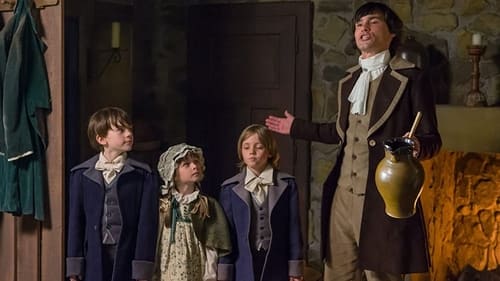
Krčmář
In a godforsaken cave, a traveling journeyman fills his pockets with gold. Voita lost his father and mother in the war and is now seeking his fortune in the world. He got to the abyss at Gallows Mountain only by chance - or have mysterious powers led him there in this spooky stormy night? Suddenly, he notices a strange fellow among the treasures. The apparent ghost and custodian of this treasure chases away the young man, who still manages to secretly pocket a small, fateful lighter...

Franta Cloumal
Ten years later, the people of Kamenákov are still stirring up trouble, including Pepa, who is now mayor and trying to establish a police force.
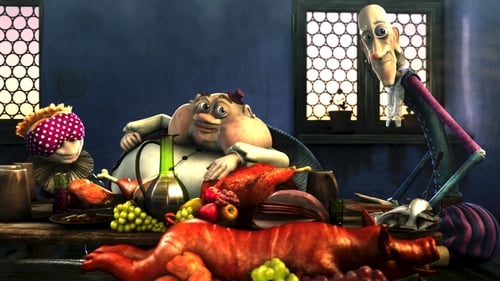
(voice)
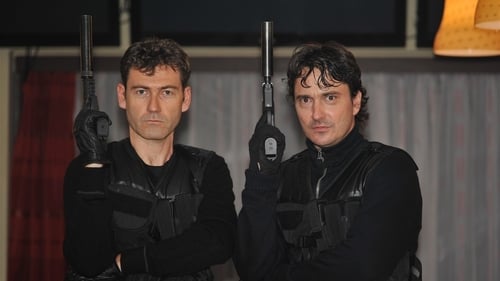
Verbir
A businessman unspools a web of espionage and corruption when his bid for a major construction project attracts the attention of an underground network.

Kuchař Pépé

Karas
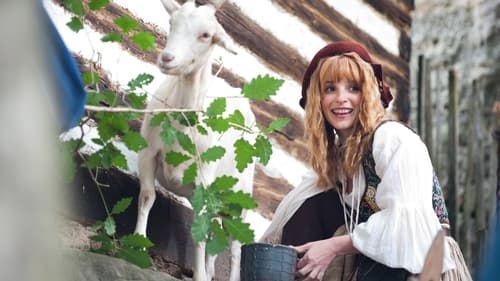
Fire
The elements that rule Earth - Air, Fire, Earth and Water - are in their "regular inspection tour". We are following Water, in the form of the Rain Fairy. Traversing the land dressed like a poor woman, she learns that people really have begun focusing mainly on money and that love and goodness are disappearing.

Faltejsek

otec Viktor

Mican
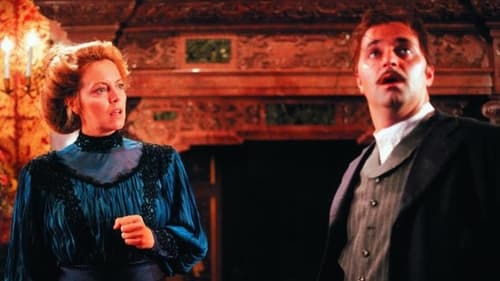
Co-Producer
The Manor, a dark funny version of Akira Kurosawa's " Rashomon". During a snowstorm, Patrick Roarke, a manservant, is found dead at the bottom of the main staircase in a gothic English mansion. Inspector Hatcher is sent to investigate the death. When he arrives, he finds a household consisting of five women. When questioned by the inspector, each of the women tells a different story, all of which are illustrated by flashback scenes showing the events as related by that particular person. Everybody seems to protect somebody and the inspector becomes increasingly intoxicated as he tries to untangle the web of lies in his endeavour to find out the truth.

Inspector Tomas Hatcher
The Manor, a dark funny version of Akira Kurosawa's " Rashomon". During a snowstorm, Patrick Roarke, a manservant, is found dead at the bottom of the main staircase in a gothic English mansion. Inspector Hatcher is sent to investigate the death. When he arrives, he finds a household consisting of five women. When questioned by the inspector, each of the women tells a different story, all of which are illustrated by flashback scenes showing the events as related by that particular person. Everybody seems to protect somebody and the inspector becomes increasingly intoxicated as he tries to untangle the web of lies in his endeavour to find out the truth.
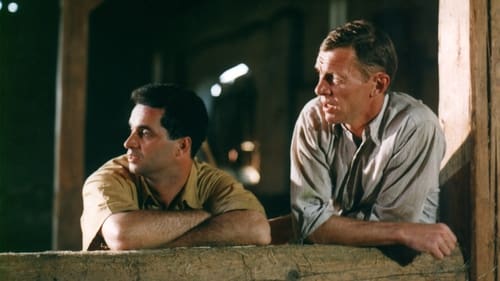
Maděra

Pedro
An elderly paper-crusher branded a fool in Prague secretly stashes condemned books, preserving their contents and extrapolating from them eccentric scenarios of wit.

Pepino

Karel Rossman
Vladimír Michálek chose an unconventional adaptation of Franz Kafka's novel for his feature debut. Artistically reminiscent of the classic films of Karel Zeman, the director reinterpreted this dark story of a man vainly seeking a place in a rigidly ordered society by changing the desperate conclusion into a happy end. The film provided Czech comedian Jirí Lábus with a new kind of role: that of the despotic uncle of a main hero Karel Rossman (Martin Dejdar).

Richard Majer
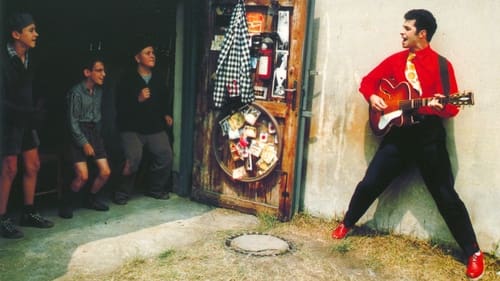
Bejby
A period musical comedy set in a quiet Prague quarter at the end of the fifties. Using the western plot device of the "man from nowhere" a generation gap story unfolds of changing social climate. The action is driven by the character of a young man named Baby who causes a local rebellion by bringing rock'n'roll to a Communist neighborhood raised on swing.

Fridrich
A young man has led his whole life with his grandfather. When he was in school, he was the only one who was refused to join the Youth Brigade, since his father was sentenced to death for spying. When it is time for him to do the compulsory military service, he has to do it in a platoon for "unreliable" persons.
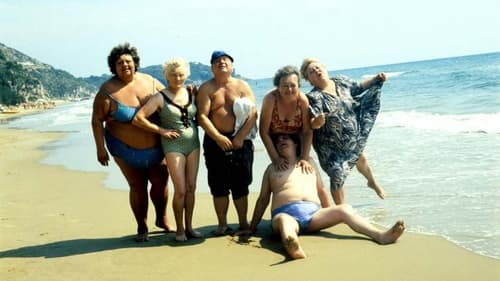
Bernardo
A third and last part of an adventures of a villagers from the "Sun, Hay..." series.

Murzuk

Stage mime Antoine Moreau is compelled by the Gestapo to put on a performance for the children of Terezin, a "model" concentration camp, to convince the Red Cross observers that the camp is truly what it seems. Reluctant at first, Moreau slowly learns the true nature of the camp, including the meaning of the "transports" on which people leave. With a world-class orchestra (made up of people interned in the camp) and a cast of children, Moreau stages a show to end all shows.

A narration of episodes from the life of the famous Czech poet, Karel Hynek Mácha. Throughout the film, we witness a deep analysis of Mácha's complex character (his relation to another Czech writer of the time Josef Kajetán Tyl, his unbearable jealousy, his solitude, his attitude to nature,etc.) on the well-depicted historical background with all its particularities.
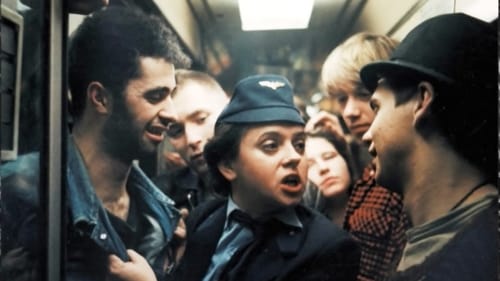
Sury
Why? (Czech: Proč?) is a 1987 Czechoslovak drama film directed by Karel Smyczek. It was screened in the Un Certain Regard section at the 1988 Cannes Film Festival. The film deals with the hooliganism in Czechoslovakia, particularly with the fans of football club Sparta from Prague, whose supporters were the pioneers of the football fan riots in Czechoslovakia, starting with hooligan actions already in the 1960s, like breaking the trains in which they travelled when they went on Sparta's away games. The film deals with one of such episodes

svobodník Honza













